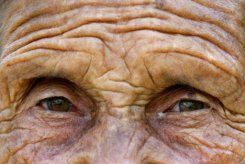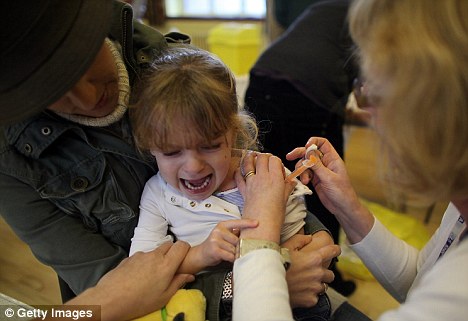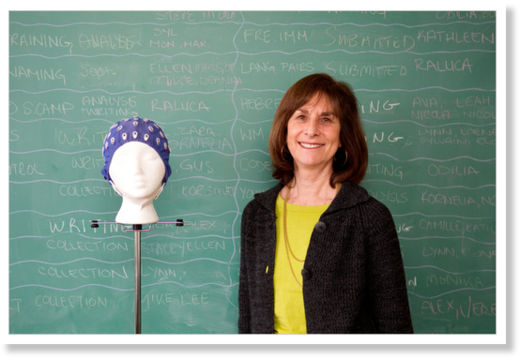
© AFPWrinkles on a woman's face may be able to predict how likely she is to suffer from bone fractures, according to a US study.
Wrinkles on a woman's face may be able to predict how likely she is to suffer from bone fractures, according to a new US study.
That's because the level of proteins in the skin and bones are linked, so if a woman's face and neck are severely wrinkled, she faces a higher risk of bone breakage due to bone density loss, said Yale University researchers.
Researchers examined 114 early post-menopausal women, whose last menstrual period was within three years, as part of an ongoing clinical trial at numerous sites in the United States.
They measured the women's skin at 11 locations on the face and neck, both visually and using a device known as a durometer to assess how rigid the skin was on the forehead and cheek.
Bone mass and density were measured with a portable ultrasound and X-ray.
"We found that deepening and worsening skin wrinkles are related to lower bone density among the study participants," said Lubna Pal, associate professor in the Department of Obstetrics, Gynecology and Reproductive Science at Yale School of Medicine.



Comment: The reason smoking inhibits obesity is because it is anti-inflammatory.